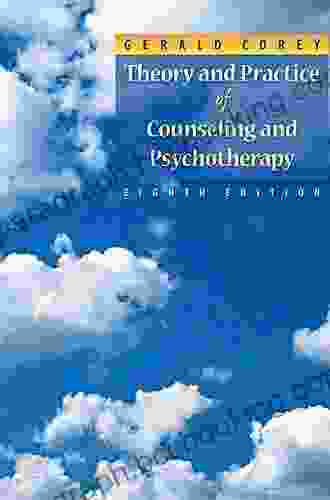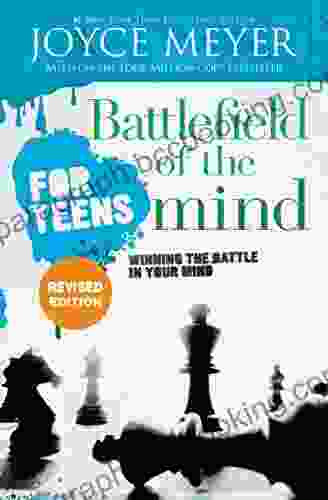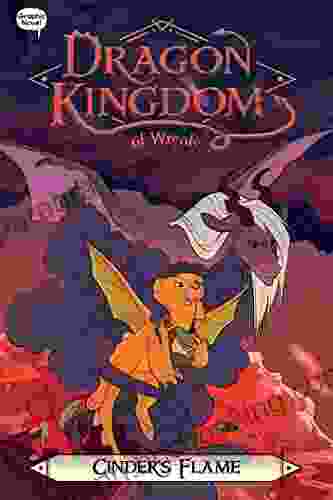Relational Theory and the Practice of Psychotherapy: Unlocking the Transformative Power of Connection

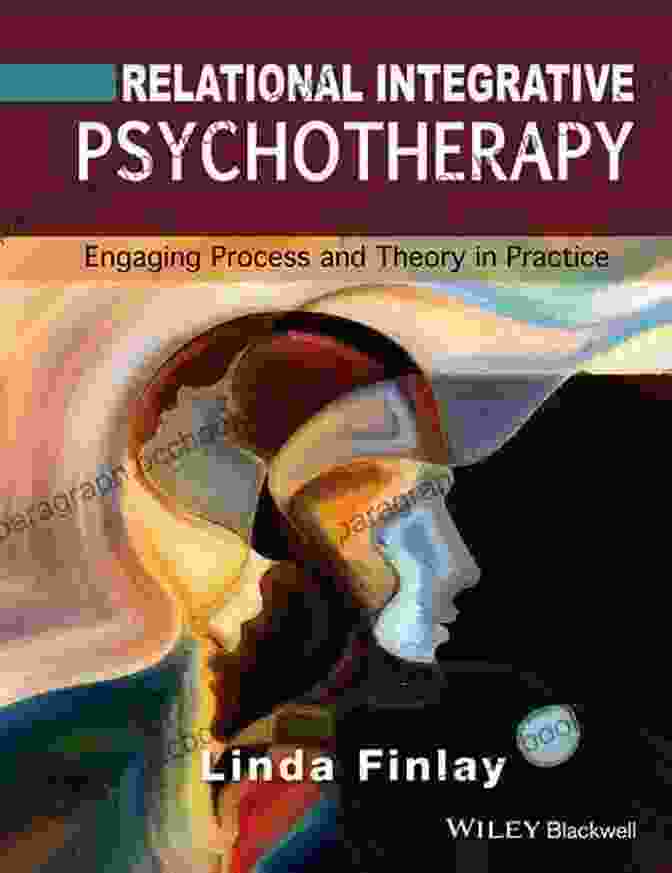
In an era defined by isolation and virtual connections, the importance of human relationships has never been more apparent. Relational Theory, a groundbreaking approach in psychotherapy, recognizes the centrality of relationships in our psychological well-being and offers transformative insights into the nature of human connection. This article explores the key tenets of Relational Theory and how they can revolutionize the practice of psychotherapy, empowering therapists to create deeper, more meaningful connections with their clients.
4.5 out of 5
| Language | : | English |
| File size | : | 3580 KB |
| Text-to-Speech | : | Enabled |
| Screen Reader | : | Supported |
| Enhanced typesetting | : | Enabled |
| Word Wise | : | Enabled |
| Print length | : | 353 pages |
Core Principles of Relational Theory
Relational Theory emerged from the work of contemporary psychoanalysts such as Jessica Benjamin, Stephen Mitchell, and Lewis Aron. It challenges the traditional view of the therapist as an objective observer, instead emphasizing the therapist's active role in the therapeutic relationship. Key principles include:
1. The Therapist's Subjectivity:
Relational Theory acknowledges that therapists are not neutral facilitators but rather have their own subjective experiences, beliefs, and emotional responses. This subjectivity is seen as an essential tool for understanding the client's inner world and fostering a genuine connection.
2. Mutual Influence:
The therapeutic relationship is not a one-way street. Both therapist and client mutually influence each other's thoughts, feelings, and behaviors. Relational therapists strive to create a collaborative environment where both parties actively participate in the therapeutic process.
3. Focus on the Here-and-Now:
Relational Theory places great emphasis on the present moment. Therapists focus on the interactions and dynamics that occur within the therapeutic relationship, using them as a window into the client's past experiences and current relational patterns.
4. Intersubjectivity:
This concept refers to the shared understanding and creation of meaning between therapist and client. Relational therapists strive to cultivate an environment where both parties feel heard, valued, and accepted.
Relational Theory in Practice
Relational Theory provides a practical framework for therapists to transform their approach to psychotherapy. Here's how it can be applied in practice:
1. Attending to the Countertransference:
The countertransference refers to the therapist's emotional responses to the client. Relational therapists believe that these responses offer valuable insights into the client's unconscious processes and the dynamics of the therapeutic relationship.
2. Using Empathic Inquiry:
Empathic inquiry involves the therapist asking open-ended questions that encourage the client to explore their thoughts, feelings, and experiences. This approach fosters a deeper understanding of the client's subjective world and helps build trust.
3. Maintaining a Collaborative Stance:
Relational therapists actively involve clients in the therapeutic process. They work together to set goals, identify areas for growth, and develop strategies for change. This collaborative approach empowers clients and promotes self-discovery.
4. Creating a Safe and Respectful Environment:
A safe and respectful environment is essential for fostering a therapeutic connection. Relational therapists prioritize creating a space where clients feel accepted, understood, and free to express themselves without judgment.
The Transformative Impact of Relational Therapy
Relational Theory has a profound impact on the lives of both clients and therapists. For clients, it provides:
1. Enhanced Self-Understanding:
Relational therapy helps clients gain a deeper understanding of their own thoughts, feelings, and relational patterns. This newfound awareness empowers them to make more informed choices and improve their overall well-being.
2. Improved Relationships:
By exploring and understanding the dynamics of the therapeutic relationship, clients develop insights into their relational patterns outside of therapy. This can lead to more meaningful and fulfilling relationships in all aspects of their lives.
3. Increased Resilience:
Relational therapy helps clients develop resilience to life's challenges. By learning to navigate difficult emotions and relationships in a supportive environment, they build inner strength and coping mechanisms.
For therapists, Relational Theory offers:
1. Professional Growth:
Embracing Relational Theory promotes professional growth and self-awareness. Therapists who engage with their own subjectivity become more attuned to the dynamics of therapy and develop a deeper understanding of their clients.
2. Enhanced Therapeutic Effectiveness:
Relational therapists are more effective in helping clients achieve their therapeutic goals. By creating a strong connection and fostering collaboration, they empower clients to make lasting changes in their lives.
3. Greater Meaning in Practice:
Relational Theory provides therapists with a sense of purpose and meaning in their work. By focusing on the human connection and helping clients transform their relationships, therapists make a real difference in the lives of others.
Relational Theory and the Practice of Psychotherapy is a groundbreaking approach that revolutionizes the way we think about and engage in therapy. By embracing the power of connection and recognizing the importance of the therapeutic relationship, relational therapists create a transformational space where clients can heal, grow, and thrive. As the field of psychotherapy continues to evolve, Relational Theory will undoubtedly play an increasingly vital role in helping individuals navigate the complexities of human relationships and achieve their full potential.
4.5 out of 5
| Language | : | English |
| File size | : | 3580 KB |
| Text-to-Speech | : | Enabled |
| Screen Reader | : | Supported |
| Enhanced typesetting | : | Enabled |
| Word Wise | : | Enabled |
| Print length | : | 353 pages |
Do you want to contribute by writing guest posts on this blog?
Please contact us and send us a resume of previous articles that you have written.
 Book
Book Novel
Novel Page
Page Chapter
Chapter Text
Text Story
Story Genre
Genre Reader
Reader Library
Library Paperback
Paperback E-book
E-book Magazine
Magazine Newspaper
Newspaper Paragraph
Paragraph Sentence
Sentence Bookmark
Bookmark Shelf
Shelf Glossary
Glossary Bibliography
Bibliography Foreword
Foreword Preface
Preface Synopsis
Synopsis Annotation
Annotation Footnote
Footnote Manuscript
Manuscript Scroll
Scroll Codex
Codex Tome
Tome Bestseller
Bestseller Classics
Classics Library card
Library card Narrative
Narrative Biography
Biography Autobiography
Autobiography Memoir
Memoir Reference
Reference Encyclopedia
Encyclopedia Kenay Keira
Kenay Keira John Mcdonnell
John Mcdonnell Joseph Q Jarvis
Joseph Q Jarvis Joseph Sugarman
Joseph Sugarman John Muir Laws
John Muir Laws William Least Heat Moon
William Least Heat Moon K N Lee
K N Lee Sarah Marquis
Sarah Marquis Joseph Zitt
Joseph Zitt John Perrier
John Perrier John Sudol
John Sudol Jordan Rivet
Jordan Rivet Josh Burch
Josh Burch Jon Gorey
Jon Gorey Jolene Stockman
Jolene Stockman Josh Pahigian
Josh Pahigian John Wood
John Wood Tori Telfer
Tori Telfer Malcolm Turnbull
Malcolm Turnbull John Wyatt
John Wyatt
Light bulbAdvertise smarter! Our strategic ad space ensures maximum exposure. Reserve your spot today!

 Ralph Waldo EmersonMao's Last Dancer: The True Story That Inspired the Major Motion Picture
Ralph Waldo EmersonMao's Last Dancer: The True Story That Inspired the Major Motion Picture
 Manuel ButlerRediscovering American History: The American Primitive Methodist Church of...
Manuel ButlerRediscovering American History: The American Primitive Methodist Church of...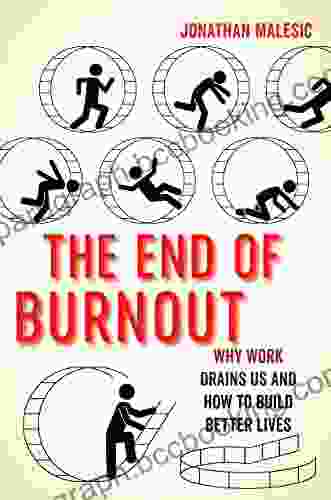
 Anthony WellsThe End of Burnout: A Comprehensive Guide to Achieving Work-Life Balance and...
Anthony WellsThe End of Burnout: A Comprehensive Guide to Achieving Work-Life Balance and... Michael CrichtonFollow ·3.1k
Michael CrichtonFollow ·3.1k Garrett BellFollow ·10k
Garrett BellFollow ·10k Harold BlairFollow ·17.1k
Harold BlairFollow ·17.1k Henry GreenFollow ·19.5k
Henry GreenFollow ·19.5k Thomas MannFollow ·17.5k
Thomas MannFollow ·17.5k Darren BlairFollow ·9.1k
Darren BlairFollow ·9.1k Mitch FosterFollow ·6.3k
Mitch FosterFollow ·6.3k Beau CarterFollow ·17.1k
Beau CarterFollow ·17.1k
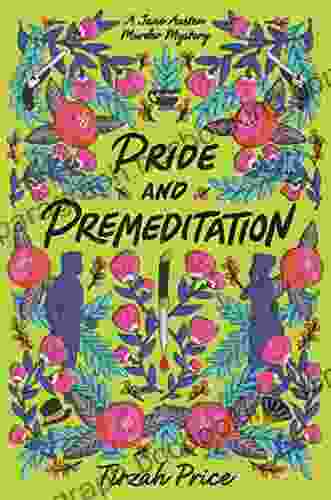
 Joseph Foster
Joseph FosterUnravel the Enigmatic Murders in "Pride and...
Dive into a World...
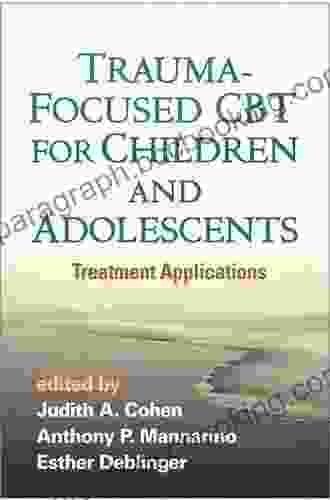
 Jeffery Bell
Jeffery BellTrauma-Focused CBT for Children and Adolescents: The...
Trauma is a...
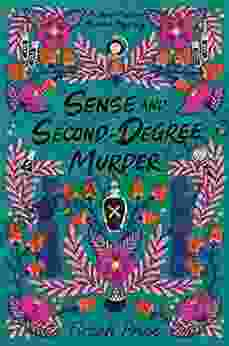
 Jorge Luis Borges
Jorge Luis BorgesSense and Second Degree Murder: A Jane Austen Murder...
Prepare yourself for a...

 Chase Simmons
Chase SimmonsUnleash the Vibrant World of Watercolor: An Enchanting...
In the world of art, watercolor painting...
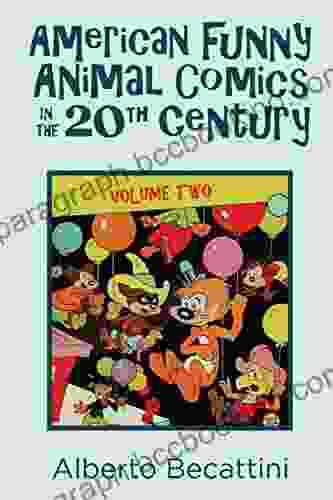
 Rubén Darío
Rubén DaríoAmerican Funny Animal Comics In The 20th Century: A...
Step into a bygone era of laughter and...
4.5 out of 5
| Language | : | English |
| File size | : | 3580 KB |
| Text-to-Speech | : | Enabled |
| Screen Reader | : | Supported |
| Enhanced typesetting | : | Enabled |
| Word Wise | : | Enabled |
| Print length | : | 353 pages |


